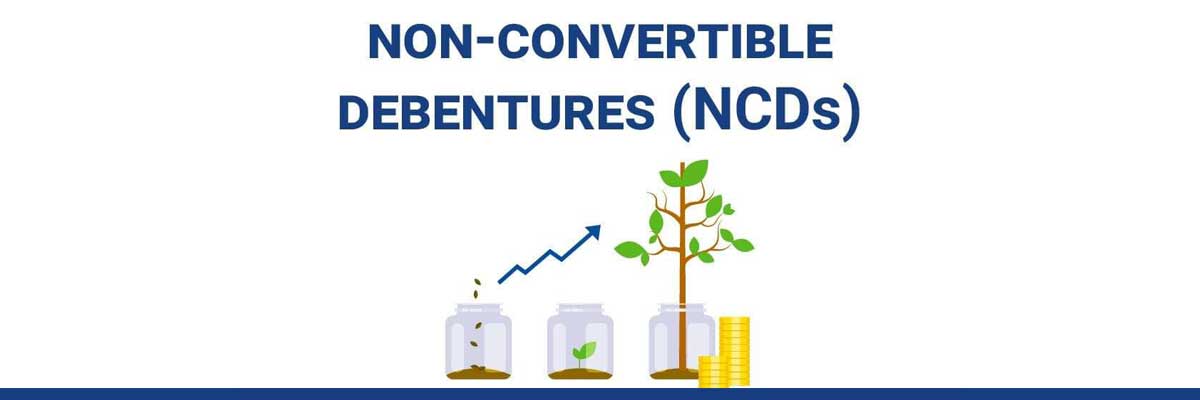What is a debt fund?
An investment pool of debt funds is like a mutual fund or a foreign exchange fund where fixed revenue assets are a primary holding. A debt fund investment may invest in short-term or long-term bonds, securitized products, financial market tools, or the floating debt rate. The debt fund fee levels on average are less than the equity funds because the total administration expense is lower.
The debt funds, also known as credit funds or fixed-income funds, fall into the category of fixed-income assets. The investors who want to maintain their resources and/or achieve low-risk earnings distributions usually search for these low-risk vehicles.
What are debt mutual funds?
A debt mutual fund (also known as a fixed-income fund) invests a substantial portion of the capital in assets for fixed income such as public securities, shares, corporate bonds, and other financial market instruments. Investing capital in these ways significantly reduces the risk to investors through debt mutual funds schemes. This is a relatively secure avenue for investment that can help create wealth.
Benefits of debt fund investment
Stable revenue
Debt funds can deliver an appreciation of capital over some time. While debt funds are less risky than equity funds, returns are not guaranteed and are subject to market risk.
Tax efficiency
Many people invest money so there annual tax expenses are reduced. Therefore, investments in debt mutual funds can lead to tax reduction. This means that debt funds are more fiscal efficient than conventional investment alternatives, such as fixed deposits (FDs).
High liquidity
Although debt mutual funds do not have any periods of lock-in, some of the funds have an exit load that is an early withdrawal fee at the source. The exit time varies from fund to fund, although some funds also have no exit charge. Debt mutual funds are liquid though, and on any business day, you can withdraw your money from the fund.
Stability
Debt investment will also improve your portfolio's balance. Equity funds can be volatile (with higher potential returns). The explanation is that the returns on equity funds are directly related to stock market results. You can properly diversify your portfolio and reduce the general risks by investing in debt funds (cushion the downside).
Flexibility
Debt mutual funds also allow you to tractor your money into various funds. This can be done by a structural transition strategy (STP). Here, you can invest a lump sum in debt funds and systematically move a small part of the fund to shareholding regularly.
How to invest in debt funds?
Investor's financial goal
The debt fund should be chosen according to its financial objective. If you're looking for ways to invest idle cash for a short time, the best alternative is liquid funds.
The Horizon of Investment
Also, an important parameter in choosing the right debt fund for you is the maturity period of the portfolio.
Appetite for risk
Debt funds are not completely free of risks. In these funds, credit risk and rate risk are primarily prevalent. Credit risk occurs if the portfolio is made up of low credit rating securities.
Ratio Expense and Load Exit
Returns from debt are fairly poor compared with equity mutual funds. Due to this, it is highly important to invest in a fund that has a low expense ratio.
Conclusion
If you're looking for fairly steady income in comparison with shares and reduced market risk exposure, debt mutual funds can be explored. You can follow your investment expectations and time horizons with various forms of debt funds, such as liquid funds, ultra-short debt funds, fixed maturity plans, etc.
To invest in debt funds click here and to find more opportunities kindly visit here.




_606ddc3b9ba5e.jpg)



_(1)_6050e27e162d6.jpg)